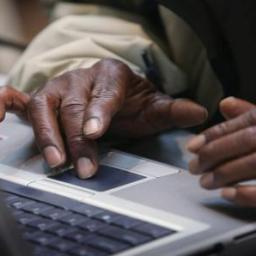When is your data not your own? When it's in the cloud
 I've got Captain Obvious on the line, and he'd like you to know: the data you store in the cloud isn't private. You might be thinking, "I knew that." But it's news to some, like this guy, who got busted for possession of illegal pornographic images (child porn) , after backing up his computer to a Verizon cloud backup service. Bonus: he was the deacon of a Catholic school in Baltimore county: oops.
I've got Captain Obvious on the line, and he'd like you to know: the data you store in the cloud isn't private. You might be thinking, "I knew that." But it's news to some, like this guy, who got busted for possession of illegal pornographic images (child porn) , after backing up his computer to a Verizon cloud backup service. Bonus: he was the deacon of a Catholic school in Baltimore county: oops.Turns out, cloud storage providers routinely sweep stored data, using hashes for known illegal images or media files. If they find one, you're toast.
From Ars Technica:
When Congress passed the PROTECT Our Children Act of 2008 mandating that service providers report suspected child pornography in the content that their customers surf and store, the law gave providers an out: if they couldn't check, they wouldn't know, and they wouldn't have to report it. But while checking is still voluntary, the National Center for Missing and Exploited Children has been pushing providers to use image-matching technology to help stop the spread of child pornography.This isn't breaking news: the articles date back to March. But it's still relevant in the framework of the ongoing discussion of cloud-versus-local and the rights of authorities to revise your computing habits.
What if one of these malware ads includes an image from the forbidden list and then gets backed up to the cloud because it's in the temporary Internet files? FBI comes and knocks on their door? Or my door if I'm the account holder of the family plan, even though it's not my computer?